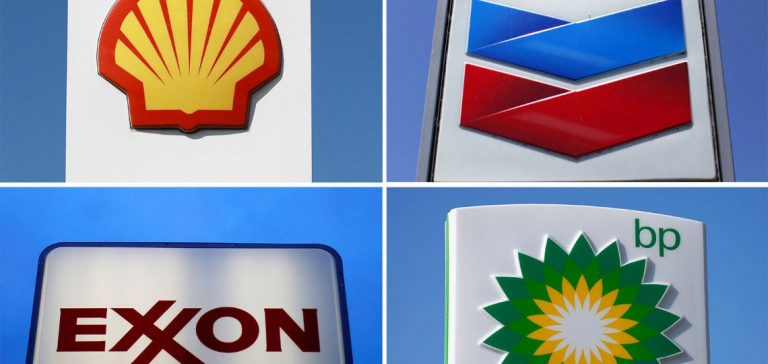Since the start of the energy crisis, triggered by the war in Ukraine and soaring energy prices, oil and gas companies have reported record profits. This surge in earnings has led many governments to demand their share by introducing taxes on what they consider to be superprofits. However, for industry players, these initiatives risk compromising their investment plans, especially in regions where fiscal stability is already fragile.
The United Kingdom set the trend in 2022 with an exceptional tax of 25% on energy companies’ profits, quickly increased to 35%. Today, the total tax rate for majors operating in the North Sea has reached 75% – one of the highest in the world. But the criticism was swift. Patrick Pouyanné, CEO of TotalEnergies, warned that such taxation could render some projects unprofitable, forcing the company to reduce its investments in the region.
Government arguments: Why tax?
For policymakers, the introduction of these taxes has a dual purpose. On the one hand, it aims to finance support measures for households, severely impacted by energy inflation. On the other, these superprofits, perceived as excessive during a crisis period, have become an easy target for governments eager to show that they are not hesitating to make large companies contribute.
“Energy companies are benefiting from an exceptionally high-price context, and it is fair that they contribute more,” stated the British Finance Minister when announcing the increase in the **Energy Profits Levy (EPL)**. Similar sentiments were echoed in Germany, where the government introduced a 33% tax on profits exceeding 20% above the average of the last three years.
Impact on investments: Threats or reality?
But for the majors, the situation is more complex. “Unexpected taxes undermine investor confidence,” said a **BP** spokesperson, adding that constant revisions of tax rates create instability, hampering long-term planning. The trade association **Offshore Energies UK** estimated that the EPL could lead to an 80% drop in investment in the region by 2029, jeopardizing around 35,000 jobs.
The same concern is voiced in Germany, where major players like **Wintershall Dea** warned that the introduction of the tax could accelerate the relocation of investments to regions with more favorable fiscal conditions. “If Europe wants to remain competitive, it must avoid becoming a zone of over-taxation,” stated its CEO during an energy forum.
International comparison: Divergent approaches
Outside of Europe, the reactions are more nuanced. In the **United States**, although President **Joe Biden** has threatened to introduce a similar tax, the bitter memory of the **Crude Oil Windfall Profit Tax Act** of 1980 – which led to a decline in domestic production and increased reliance on imports – remains a significant deterrent. For now, American companies have escaped additional levies, despite growing public pressure.
**Canada**, meanwhile, has avoided any direct tax on the superprofits of energy companies, preferring to focus on the profits of banks and insurance companies. However, this approach is increasingly contested, particularly in Alberta, where the provincial Premier stated that “taxing the oil sector would be an attack on our local economy.”
Australia: Toward a cautious reform
In **Australia**, the government is considering reforming the **Petroleum Resource Rent Tax (PRRT)**, already in place for years, to capture a larger share of revenues generated by natural resource exploitation. However, fears of discouraging new projects are hindering significant progress. In **Japan** and **South Korea**, caution is the watchword. These countries, heavily dependent on imports, do not want to create a climate of fiscal instability that could jeopardize their relations with foreign suppliers.
France: A failed attempt to tax renewables
In France, recent discussions have focused on taxing renewable energy producers, who are perceived as benefiting too much from guaranteed purchase prices. However, faced with investor criticism and the risk of discouraging new projects, the government backtracked. “We must find a middle ground between companies’ contributions and incentives for the energy transition,” admitted a spokesperson for the Ministry of Economy. For now, the project has been shelved, but the debate remains open.
A delicate balance between taxation and the energy transition
The divergent views on taxing superprofits reflect differing priorities. On the one hand, governments want to use these exceptional revenues to finance support policies and respond to social discontent. On the other hand, companies stress their need for stability to make long-term investments, particularly in energy transition projects.
As pressure mounts, a question remains: Will these fiscal policies discourage investments in green technologies, or will they force companies to rethink their business models to better adapt to a world increasingly sensitive to climate issues?






















